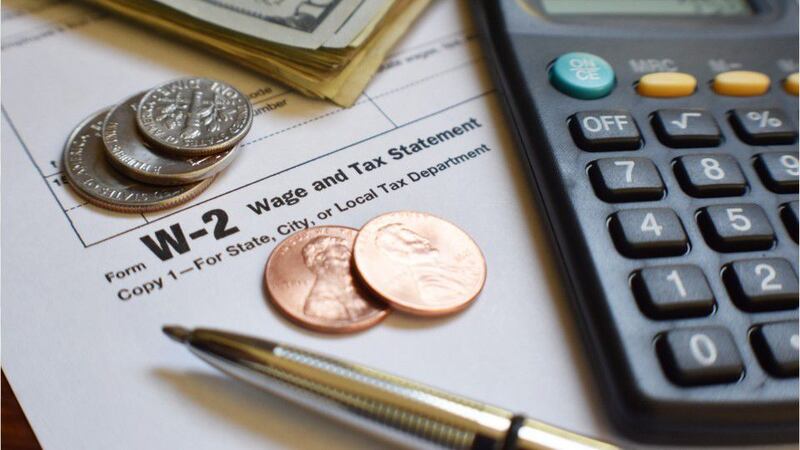The Internal Revenue Service announced this week that the agency will begin to accept 2021 tax returns on Jan. 24.
“Planning for the nation’s filing season process is a massive undertaking, and IRS teams have been working non-stop these past several months to prepare,” IRS Commissioner Chuck Rettig said in a news release.
The pandemic continues to create challenges, but the IRS reminds people there are important steps they can take to help ensure their tax return and refund don’t face processing delays.
Rettig, like other Treasury Department officials on a call with reporters on Monday, urged taxpayers to file their returns electronically, and to file as early as possible.
“Filing electronically with direct deposit and avoiding a paper tax return is more important than ever this year. And we urge extra attention to those who received an Economic Impact Payment or an advance Child Tax Credit last year. People should make sure they report the correct amount on their tax return to avoid delays.”
The filing deadline to submit 2021 tax returns or an extension to file and pay tax owed is Monday, April 18 for most taxpayers.
By law, Washington, D.C. holidays impact tax deadlines for everyone in the same way federal holidays do. According to the agency, the due date is April 18, instead of April 15, because of the Emancipation Day holiday in the District of Columbia for everyone except taxpayers who live in Maine or Massachusetts.
Taxpayers in Maine or Massachusetts have until April 19 to file their returns due to the Patriots’ Day holiday in those states.
Taxpayers requesting an extension will have until Monday, Oct. 17 to file.
According to the agency, updated programming will be available for electronic filers that will help them file returns correctly. Stimulus money from the federal government, such as advance Child Tax credit payments, will be part of the 2021 return for millions.
The IRS is mailing letters to recipients that include the total value of checks sent to them so they can use the information to complete their tax forms.
A taxpayer can also check the amounts they received by going to IRS.gov.
©2022 Cox Media Group








